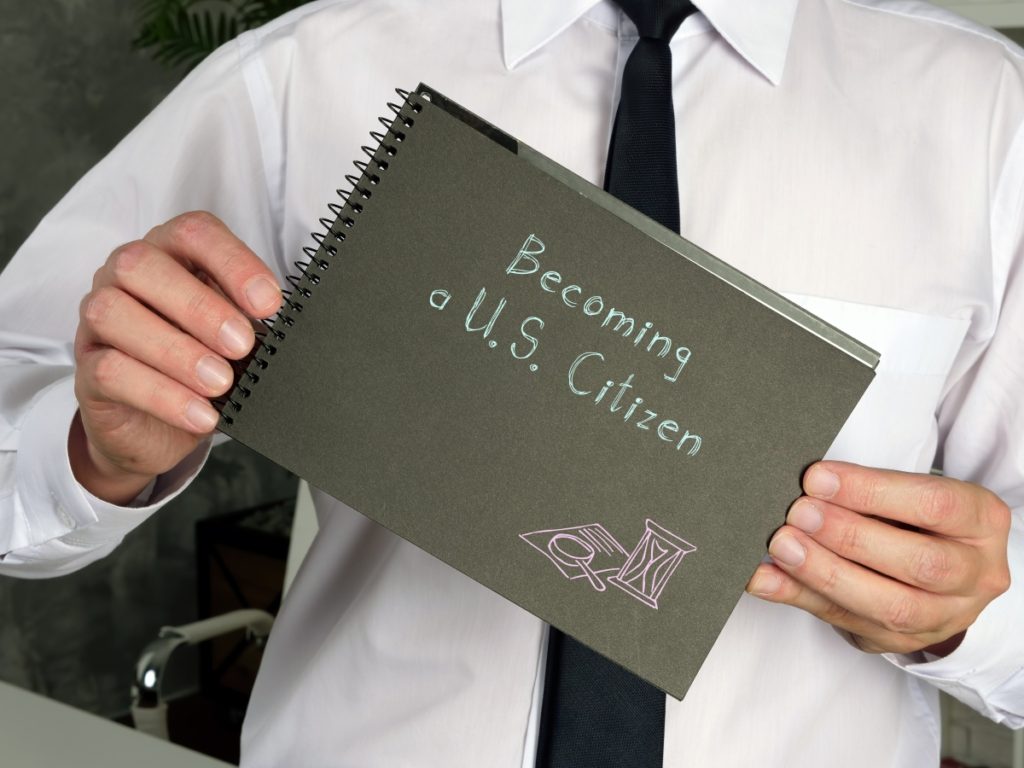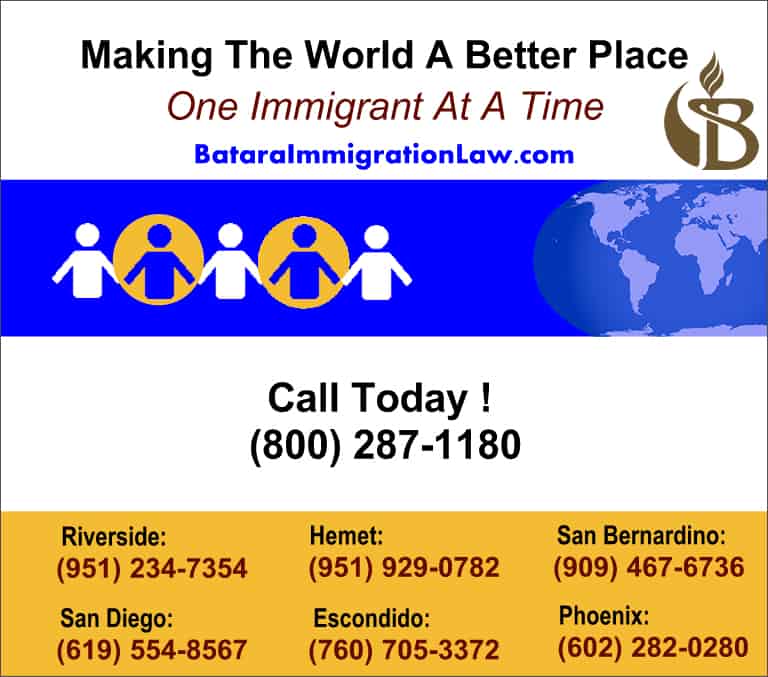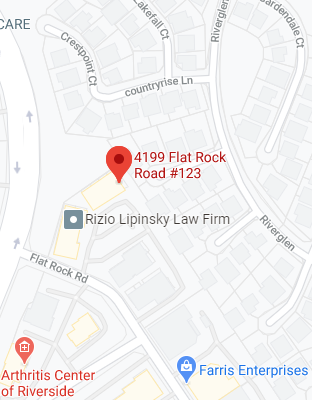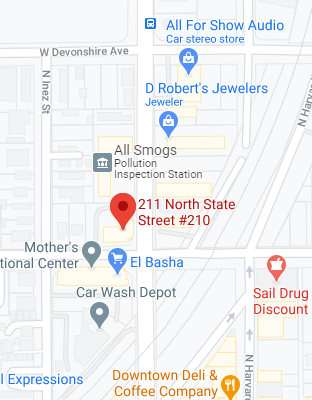
The U.S. citizenship test for aspiring immigrants was recently changed.
It was the second change in four months.
On the surface, this is not earth-shattering news. Hence, one might assume the test was changed due to errors, either in the way questions were phrased or the inclusion of flawed answers.
However, a closer look reveals how politics can manipulate and interfere with rational policies designed to create orderly processes for immigrants to earn lawful status.
A Brief Overview Of The 2008
Citizenship Examination
On December 1, 2020, the test for naturalization candidates was changed from the version created in 2008.
On March 1, 2021, the 2020 version was scratched. The 2008 test was reinserted.
The old, in other words, is new again.
Was the December change even necessary?
The 2008 test had been developed over a multi-year period.
Before it was adopted, the 2008 test was thoroughly reviewed with input from over 159 civic, educational, and government organizations.
The test quizzes the knowledge of lawful permanent residents about the history, the guiding principles, and the form of government of the United States.
One of the arguments against the 2008 exam was that the test was not difficult enough.
Yet, studies in 2018 and 2019 found that most U.S. citizens would fail the test.
In the largest sampling, the exam was given to 41,000 adults, across all 50 states.
Only in one state could 50% of the population pass the 2008 test.
The state?
Vermont.
The passing rate was 53%.
Diving a little deeper, the study revealed:
- Only 43% knew how many justices are on the Supreme Court
- Only 40% knew which countries the U.S. fought against in World War II
- Only 25% knew that freedom of speech was a First Amendment right
- Only 13% knew when the U.S. Constitution was written
The study even broke down age groups.
- Citizens 65 and older had a 74% passing rate
- Citizens 45 and younger had a dismal 19% passing rate.
Given such gloomy statistics, it seems disingenous to claim the 2008 test is not difficult enough.
So how and why was the test changed in December 2020?
Why Was The U.S Citizenship Test For Naturalization Applicants Changed?
The number of potential questions was increased from 100 to 128. Old questions were dropped and newer ones – with nuanced political answers – were added. In addition, USCIS officers were required to double the amount of exam inquiries to 20.
Critics of the 2020 version assert the revised test was part of a larger political scheme to reduce the ability of immigrants to win citizenship, thereby preventing them from qualifying to vote in future local, state, and national elections.
Other components of the Trump Administration’s citizenship prevention plan include the attempts to increase the fees for naturalization applications from $640 to $1,17, to require more documentation from applicants, and exclude immigrants from being counted in the U.S. Census.
Further, due to a combination of the Coronavirus and deliberate efforts to undermine the naturalization process, there is now a backlog of approximately 740,000 applications.
Reverting back to the 2008 Naturalization Exam, President Biden noted, “restores faith in the nation’s legal immigration systems and fosters an attitude of integration and inclusion towards new Americans.”
The old is new again.
Sounds good to me.
Recommended Reading:
Ready to take a serious and honest look at the strengths and weaknesses of your immigration case? Let’s get started with a personalized strategy and planning session . . .
Here's How It Works
1
Call Our Office
Immigration law doesn’t have to be confusing. You don’t have to live in fear of being deported and separated from your family. A comprehensive 30-minute Strategy And Planning Session will take the stress out of not knowing your options first-hand.
2
Meet With Carlos
Every case is unique. We refuse to take cookie-cutter approaches to your case. After we discuss the ins and outs of your immigration and family situation, Carlos will outline your chances for success and how to overcome obstacles standing in your way.
3
No Pressure - No False
Promises
Hiring a lawyer is a big investment, and we will not pressure you to hire us or push you into a plan you don’t understand. If we cannot help you, we will tell you. We will not take your case, unless we believe we can make a difference for you and your family.




